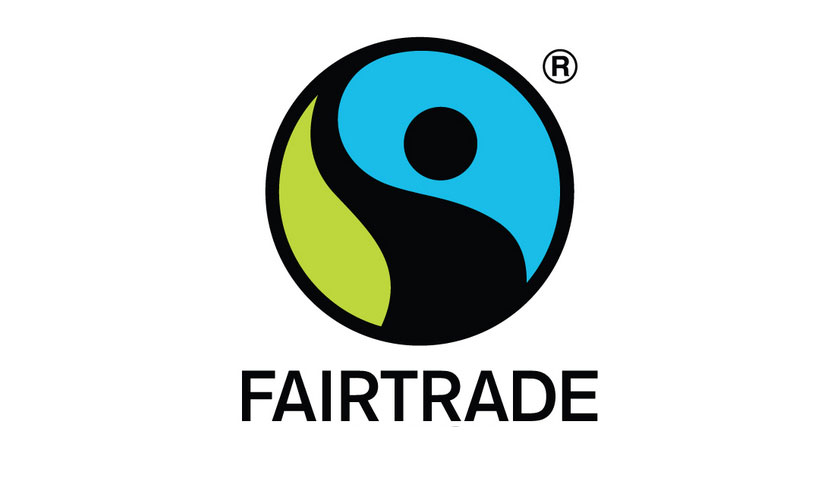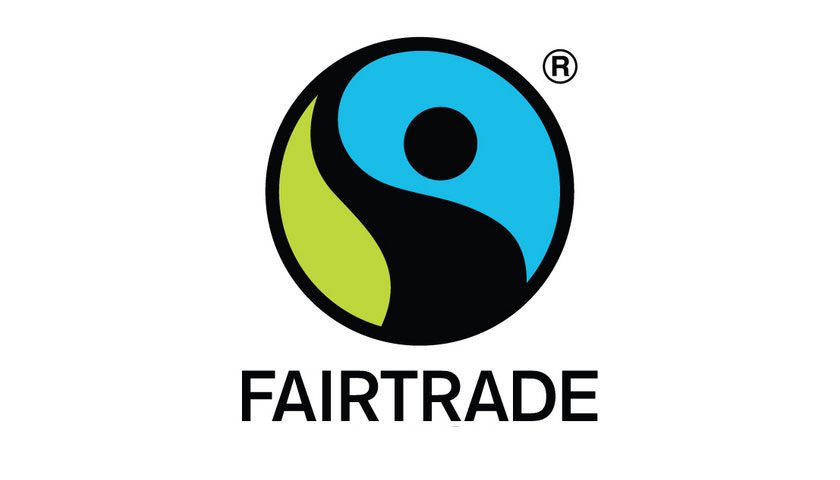Fairtrade International announces a comprehensive approach to supporting banana farmers in 2021 and beyond through efforts to achieve living wages and improve working conditions. Fairtrade’s new Base Wage for banana workers will benefit thousands of workers on Fairtrade-certified banana estates and make significant strides toward a sustainable living wage. While living wages are the most pressing challenge facing the banana sector, Fairtrade is taking a holistic view by also implementing initiatives to protect the fundamental rights and freedoms of banana farmers in the workplace, including health and safety, gender equity, acceptable working hours and the right to bargain.
Currently, workers in many producer countries are paid the national legal minimum wage; however, in most cases, this is still below a living wage. Inadequate wages remain a reality for many banana workers struggling to earn enough to feed their families, enjoy safe housing, send their children to school, afford adequate healthcare and put some money aside for emergencies. To improve the quality of life for these hardworking farmers and workers, Fairtrade instituted a new Base Wage to ensure all Fairtrade banana workers receive 70% of the take-home pay needed to achieve a living income. The wages will take full effect in all countries by July 2021.
Fairtrade is the first organization to take a concrete step toward living income for banana workers, and intends to continue this progress until all workers earn the complete living wage amount of $461USD per month, which is the living wage in the top three banana producing regions. The new Fairtrade Base Wage means higher wages for thousands of banana workers on Fairtrade certified estates, and a safety net to help them meet their essential needs. Every Fairtrade banana worker will receive at least the Base Wage, regardless of legal minimum wage in their respective country.
In addition to instituting the Fairtrade Base Wage, the organization is also helping banana workers unite to advocate for themselves. Collective bargaining is the most sustainable and empowering approach to reaching a living wage, both for workers and their employers in the long term. In some growing regions, banana workers are not represented by trade unions to negotiate on their behalf for better wages and conditions, which is especially concerning since the COVID-19 pandemic has increased the insecurity and vulnerability of millions of agricultural workers worldwide, including those working on Fairtrade certified banana estates. To improve working conditions of all banana workers, it is critical that workers unite in free and independent organizations and negotiate their own terms of work.
“It is our mission to ensure all of our certified banana estates fairly compensate workers and empower them to come together to advocate for their rights,” said Peg Willingham, Executive Director, Fairtrade America. “Like many complex problems, the solution to improving the quality of life for banana workers relies on the industry as a whole putting human rights before profits. This requires traders, buyers, retailers and consumers supporting Fairtrade bananas in order to pull the whole sector toward a living wage for all.”
By choosing Fairtrade certified bananas, everyone can help drive positive change in the global banana industry. In order to pay living wages, producers must receive a fair price for their bananas based on their costs of sustainable production – and that means selling enough of their bananas on Fairtrade terms. Yet, now more than ever, producers are subject to retail price wars, and under pressure to accept lower prices. Bananas are often one of the cheapest fruits in US grocery stores even though no bananas are produced locally.
Fair prices and fair terms of trade are essential to ensure every worker and family can earn a decent living for their work. Fairtrade urges retailers and traders to commit to fair prices and to ensure consistency between their sustainability pledges and sourcing practices. To learn more, visit www.faitradeamerica.org.

